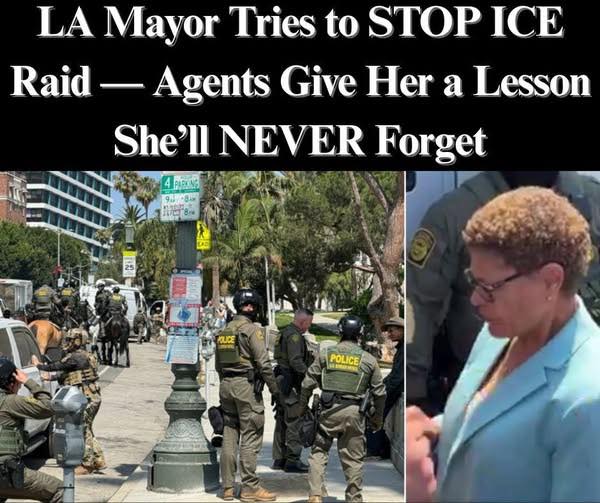The relationship between federal and local government authorities is one of the most complex aspects of American governance, especially in law enforcement operations that span jurisdictions. These tensions raise questions about the balance of power, federal authority, and local autonomy under constitutional law.
The U.S. Constitution establishes a federal system, dividing authority between national and state governments. Local governments derive power from the states, creating overlapping jurisdictions that often lead to conflict when policies diverge.
The Supremacy Clause gives federal law precedence over state and local laws during direct conflicts. However, the Tenth Amendment reserves unspecified powers to the states and the people, fueling debates over federal reach and local control.
Federal law enforcement agencies operate under specific authorities granted by Congress, often tied to regulating interstate commerce, national defense, or enforcing federal law. But local officials may resist these interventions when they conflict with community priorities or resources.
